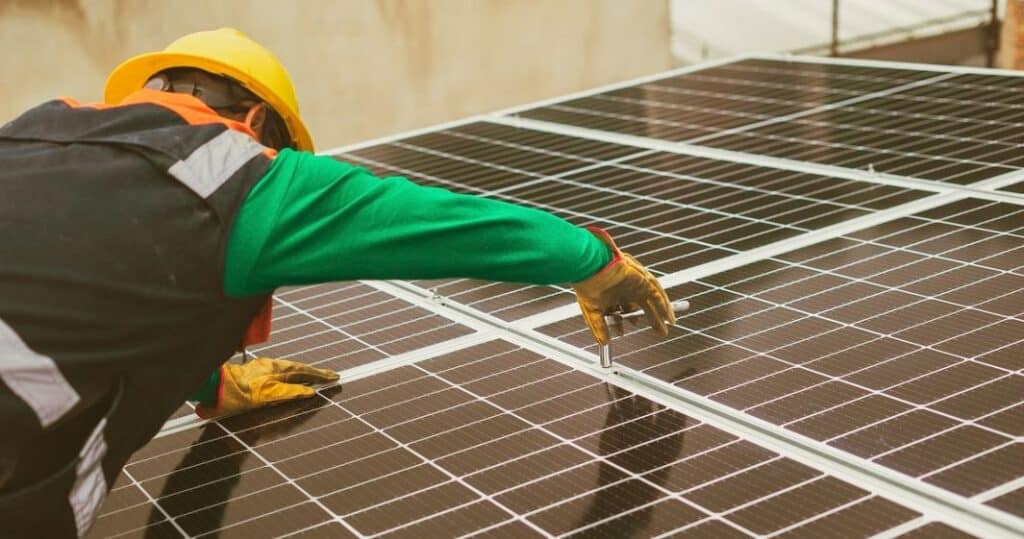Everything to Know About the Residential Solar Tax Credit

Going solar is expensive but worth it.
If you’re thinking of putting solar panels on your home, you might be a bit off-put by the initial price tag. Although solar prices have come down by nearly 90% in the last decade, it’s still going to cost you on average about $20,000 to install a solar panel system that offsets your energy usage.
That is, before the residential solar tax credit.
Today, we’re going to discuss the federal solar tax credit and how it can drastically reduce the end cost of your solar panels. Incentives and rebates are an important part of the solar installation process, so keep reading and learning about some of the hidden perks of going solar.
What Is the Residential Solar Tax Credit?
The federal investment tax credit (ITC) is a one-time credit that you can claim on your taxes when you install solar panels. It’s not a tax deduction per se, but it does reduce what you owe in taxes.
It’s worth 26% of the cost of your solar panels and installation in the year that you installed them. There’s no cap on the amount that you can claim and the credit does roll over if your owed taxes are lower than the credit amount.
So, if your solar panel system costs $20,000, you’ll have $5,200 deducted from the amount of taxes you owe. If you owe $3,000 this year, then the remaining $2,200 will carry over to 2023.
Applying for the Solar Tax Credit
Applying for tax credits is fairly straightforward. In discussing how to purchase solar panels with your local solar company, they may even walk you through the process.
First, you need to download and fill out Form 5695 from the IRS. In part 1, you input the total cost incurred from your solar installation, then complete the simple calculations in part 6.
Fill line 14 if you’ve got any tax liabilities, then do the calculations for lines 15 and 16. Send this form in with your other tax forms and it’ll all be processed together. It can be a good idea to consult a tax professional if you’re afraid you’re filling the form out incorrectly.
Restrictions
Every American that has installed solar panels on their home between 2006 and the current date is able to apply for federal ITC. The solar panels have to be brand new. They can’t be rentals and they have to be on your primary residence.
It’s also worth noting that the federal ITC is scheduled to reduce to 22% from 26% for solar panels installed next year. By the end of 2024, barring any extension from the federal government, the ITC will end.
Making Solar Energy More Affordable
Incentivising solar panel installation with federal and state tax credits, as well as local rebates, has been a resounding success. The solar industry continues to grow with no signs of slowing down. If you’ve been thinking about purchasing solar panels, make sure you do it before the residential solar tax credit ends in 2024.
Did you find this helpful? Visit us again for more real estate and home tips.